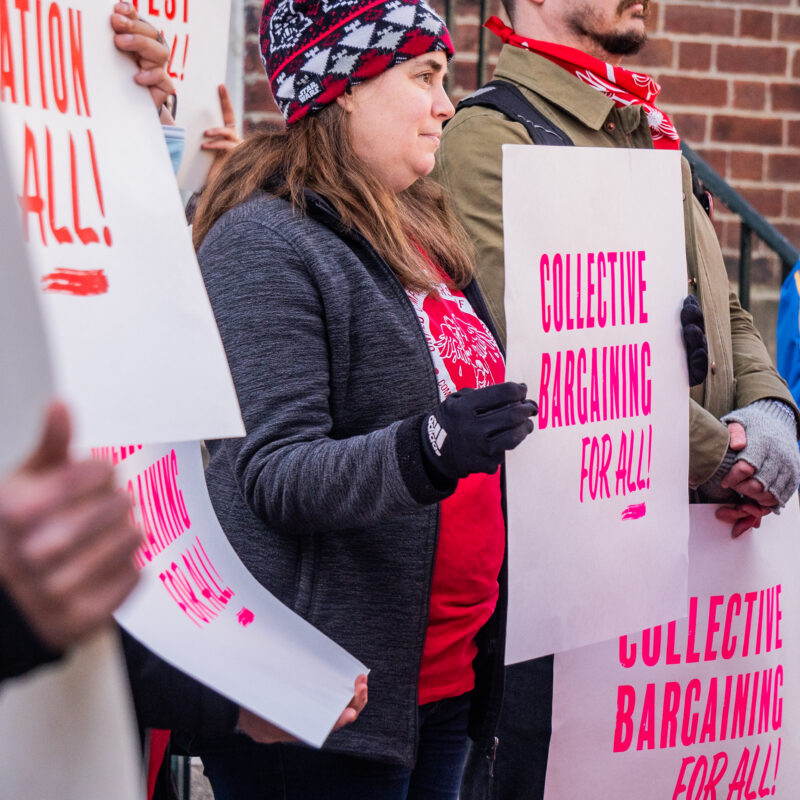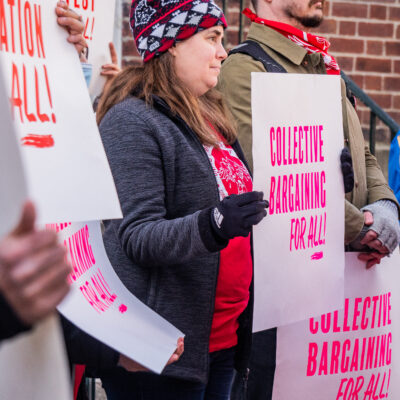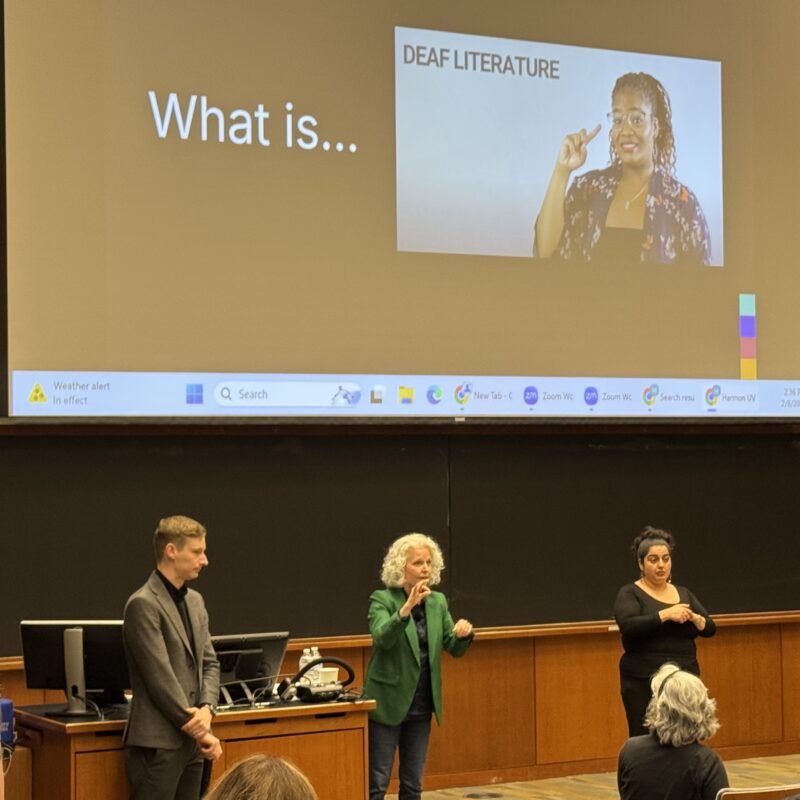You know, there’s a reason we rarely allow arcane fiscal matters to intrude upon our little bi-weekly political rant here at The Odd Dominion. Yes, we know that the collection and apportionment of funds is the very lifeblood of government, and that focusing on the foibles and electioneering idiocy of vain politicians does nothing to further the public’s understanding of the vital issues that confront our noble commonwealth and blah blah blah. But come on. Honestly, just typing the phrase “apportionment of funds” made us so drowsy that we’re still Q-tipping the drool out of our keyboard.
 Could there be a link between Democrat Brian Moran coming out against the gas tax and his possible run for governor next year? Nah. |
But we also know that sometimes a political junkie has to stop mainlining the latest Beltway bathroom-sex scuttlebutt and, if only for a moment, take a half-hearted sip of that bland governmental gruel called “fiscal policy.”
Of course, it’s much easier to choke down the deadly dull accounting arcana when it’s sweetened by a teaspoon of delicious intra-party intrigue, and the latest budgetary battles being waged in Virginia’s legislative terrordome have all that and more.
First, however, a little background. If you need to know one thing about Virginia’s various governors, senators and delegates, it’s this: They love to blow up sources of tax revenue whenever possible, but aren’t really all that good at putting the budgetary pieces back together. From Governor Jim Gilmore’s ill-conceived slashing of the car tax to Governor Tim Kaine’s ill-advised scrapping of Virginia’s 2-million-bucks-and-above estate tax, politicians from both parties have long embraced a “starve the beast” approach to the Commonwealth’s coffers, while simultaneously expressing surprise and dismay as popular programs languish and expire as they beg scraps from the government’s stripped-bare buffet.
Lately, this “slash-now-pay-later” approach has come back to bite the good folks in Richmond in the collective butt, producing some truly comedic budget-balancing backflips in the process. First there was the brilliant “abusive driver fees” gambit, engineered by Delegate (and DUI-defending ambulance chaser) Dave Albo, which sought to raise cash by soaking speeders, red-light-runners, and various other scofflaws and automotive miscreants. Then, when the Assembly was forced to repeal this misbegotten piece of revenue-enhancing hogwash, the panicked politicos quickly considered and rejected a number of other more conventional measures, including a 5-cent-a-gallon gas tax increase intended to help fix up Virginia’s increasingly pothole-heavy highways.
And this is where things get interesting. See, in a sort of bicameral one-two punch, while the House Finance Committee was putting the kibosh on the gas tax hike (thereby exacerbating the already huge $360 million transportation budget deficit), the Senate was busy killing a popular tax-relief proposal known as the “Homestead Exemption,” which would have allowed certain homeowners to lower their ballooning real estate assessments by up to 20 percent.
Now, we don’t have the time (or, quite honestly, the intestinal fortitude) to delve into the labyrinthine legislative details of this monetary mishigos, but we are more than willing (as is our wont) to proclaim who really got the short end of the stick on this one: Democratic Senator (and gubernatorial hopeful) Creigh Deeds. After all, not only did he have to watch a popular tax cut he supported go down in flames, but he also had to stand helplessly by as a sure-to-be-unpopular tax increase that he voted for in the Senate was strangled by a Republican-controlled House committee, with the Kevorkian-esque assistance of two high-ranking House Democrats.
And who just happened to be the loudest Democratic voice against the proposed gas tax? Well, that would be Delegate Brian Moran, who—what a wacky coinkydink!—just happens to be mulling a run for governor next year.
Wait a minute—crass electoral politics has invaded the Assembly’s mind-numbing budget battles? Well, they’d better be careful—they might just get us to pay attention, after all.





